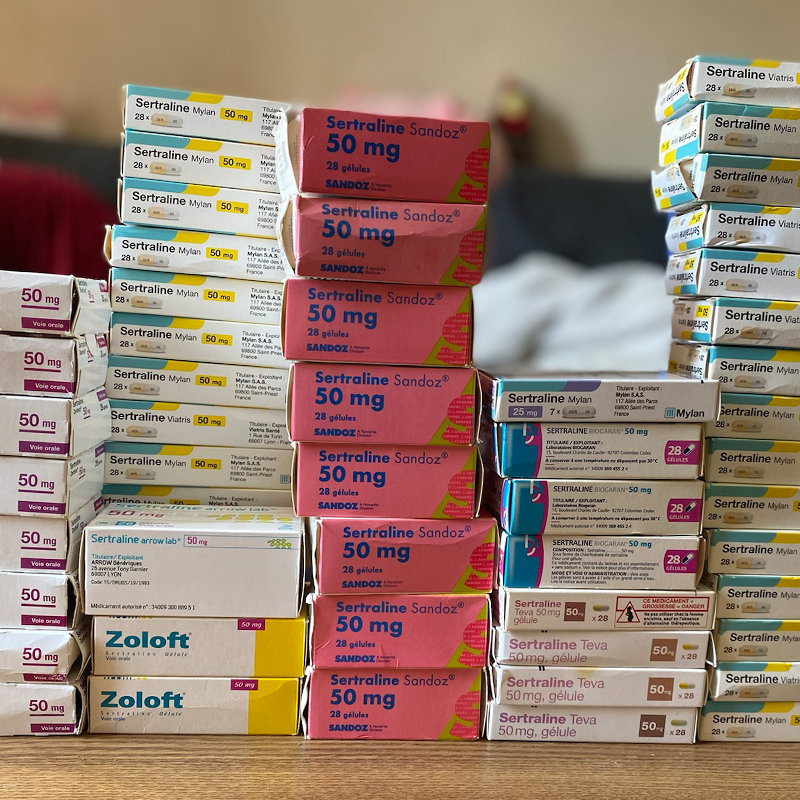To help save money on the weekly groceries, consider adding these five staples to your shopping trolley: eggs, oats, carrots, UHT milk and apples. These foods rate highly on the nutrient-rich foods index and on cost, meaning they represent good value for money when it comes to buying nutritious food.
Loading up on these items helps push more expensive, less nutritious foods out of your trolley. Keeping a supply at your place will also save extra trips to the shops, which saves petrol and time.
1. Eggs
Eggs are extremely good value at around A$6 a dozen (50 cents an egg).
Meat, chicken and fish prices vary from $12 a kilo for mince, $12–$20 a kilo for chicken, to $20–$50 a kilo for steak and fish depending on cut or type. Selecting the cheapest cuts still costs $2–$3 a serve, compared to two eggs at a $1 serve.
When you swap a red meat meal for an eggy dish, this can add up to a big saving. Try our egg recipes on the No Money No Time website, from fritters, to omelettes, or fried rice. These recipes also help use up other items you have in the pantry, fridge and veggie crisper.
Eggs are a good source of protein and also contain choline, lutein and zeaxanthin, vitamins A, B2, B12, D, E and folate, and minerals iron, zinc, iodine and selenium.
For people concerned about eggs raising cholesterol, a recent review of research evidence concluded there wasn’t likely to be any adverse effect on overall disease risk when consuming up to one egg a day.
2. Rolled oats
Rolled oats vary a lot in price from about $2 a kilogram for “own brand”, up to $9 for premium varieties.
Oats are really versatile. For breakfast you can make porridge, overnight oats, DIY muesli or granola.
Oats make a pastry substitute for a quick and easy quiche base. Or blitz them in a food processor and use as a breadcrumb substitute.
For dessert, you can use them to top a comforting apple crumble.

Oats are a wholegrain, meaning they retain every part of the original grain – the germ, bran and outer layers – and hence more fibre and nutrients.
Oats are a rich in beta-glucan, a soluble fibre that helps lower blood cholesterol levels by binding with bile acids in the gut, meaning they can’t be converted into LDL (bad) cholesterol.
They also contain B vitamins of thiamin (b1), riboflavin (B2), niacin (B3), pyridoxine (B6), pantothenic acid (B5) and folate (B9), as well as vitamin E and the minerals iron, zinc, magnesium, phosphorus and potassium.
Related Articles

Giving men a common antidepressant could help tackle domestic violence: world-first study
In April 2024, Prime Minister Anthony Albanese declared domestic and family violence a “national crisis” calling for proactive responses that “focus on the perpetrators and focus on prevention”.The issue hasn’t really improved since then.
Read more

What is gingivitis? How do I know if I have it?
Do your gums look red and often bleed when you brush them, but they’re not painful? If so, you could have the gum disease gingivitis.
Read more

Not all processed foods are bad for you. Here’s what you can tell from reading the label
If you follow wellness content on social media or in the news, you’ve probably heard that processed food is not just unhealthy, but can cause serious harm.
Read more

Kids need to floss too, even their baby teeth. But how do you actually get them to do it?
A survey from the Australian Dental Association out this week shows about three in four children never floss their teeth, or have adults do it for them.
Read more

‘Perfect bodies and perfect lives’: how selfie-editing tools are distorting how young people see themselves
Like many of her peers, Abigail (21) takes a lot of selfies, tweaks them with purpose-made apps, and posts them on social media. But, she says, the selfie-editing apps do more than they were designed for.
Read more

Pathway to purpose
From limited beginnings to limitless dreams - equity in education is giving Arthur Demetriou the chance to change the face of medicine.
Read more
3. Carrots
It’s hard to get better value than a bag of carrots at about $2.50 a kilo. They last for ages in the fridge and can be eaten raw, as carrot sticks or with carrot dip, or baked to make carrot veggie “chips”.
Try grating carrot as an extra on a salad roll or burger, or mixed into grated cheese to extend it when topping tacos, pasta or pizza, or even a dish like mac and cheese.
Other versatile uses include soup, carrot mash, roasted carrots or, for something sweet, carrot muffins or bliss balls.
Carrots are rich in the carotenoids alpha-carotene and beta-carotene, which get converted into vitamin A in the body and used in antibody production and to maintain healthy functioning of your eyes, skin, lungs and gut.

4. Longlife skim milk
Longlife skim milk costs about $1.60 a litre.
While some fresh varieties are around the same price, the value of longlife milk is that you can keep a store of it in the cupboard, meaning you never run out and it has a long shelf life.
Milk makes great smoothies and is an essential ingredient in dishes from quiche to cauliflower cheese to lemon delicious pudding.
Milk contains protein, calcium, magnesium, zinc, potassium and vitamins A, B2 and B12.
Research shows regular milk consumption is associated with a lower risk of developing osteoporosis, high blood pressure, type 2 diabetes, heart disease and colon cancer.
5. Apples
A bag of apples costs about $4 or 60 cents an apple and $4–$5 for a large can of stewed apple.
Apples make a portable snack. Add them to porridge, serve with pork, in coleslaw or in apple crumble.
Apples contain dietary fibre and pectin, vitamin B6 and C, and the minerals potassium, calcium, nitrogen, magnesium and traces of zinc, iron and copper.
In observational studies, people who ate more apples had a lower risk of heart disease, stroke, type 2 diabetes and death from any cause.
The cost of living is biting. Here’s how to spend less on meat and dairy https://t.co/KFNfP4uMbE @ConversationEDU
— Laureate Prof Clare Collins AO (@ProfCCollins) April 15, 2024
For easy, tasty, economical meals that are quick to prepare, without too much effort, along with our food budget tips, visit our team’s No Money No Time website.
This article is republished from The Conversation under a Creative Commons license. Read the original article.
